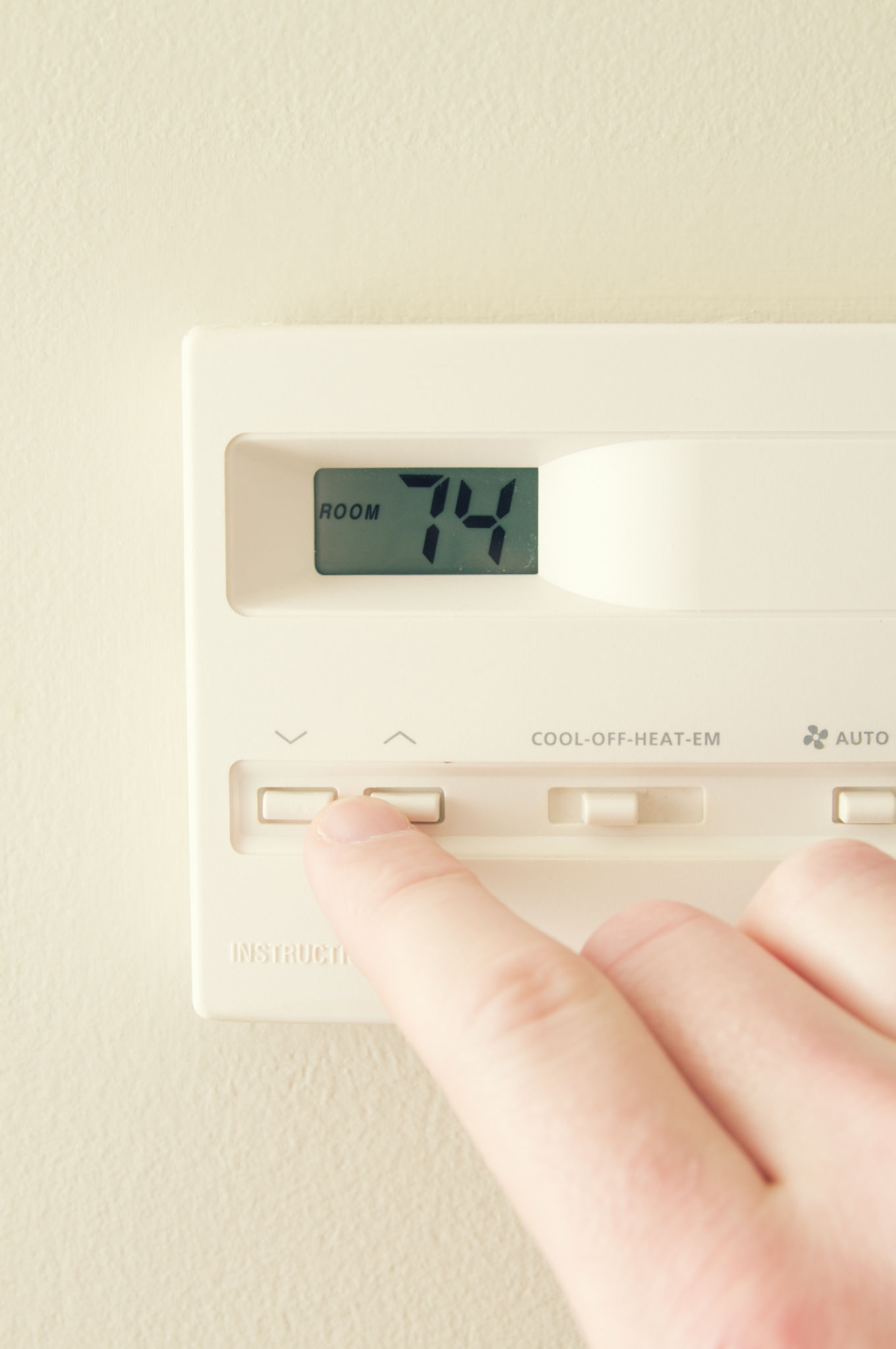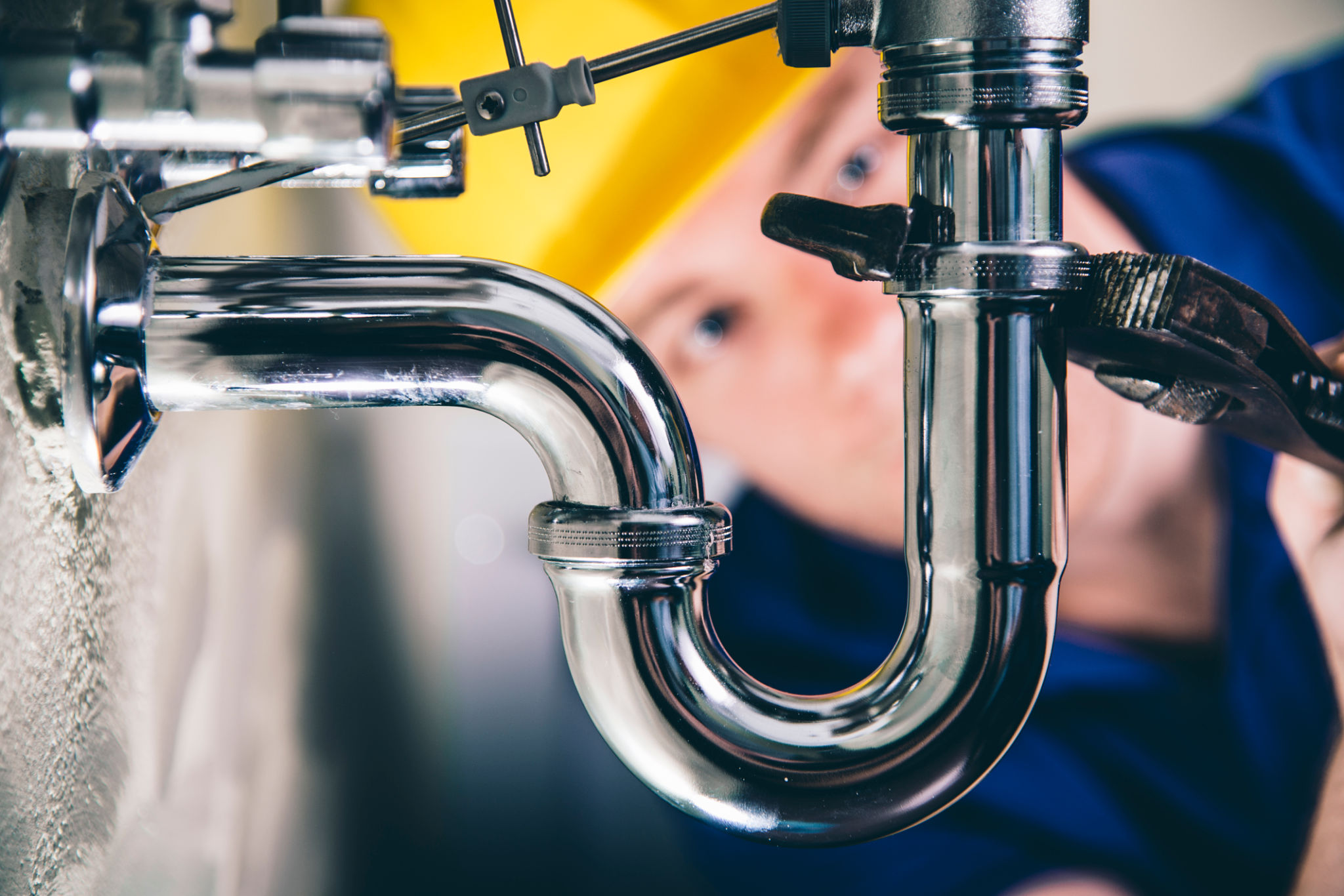Expert Insights: Maximizing Energy Efficiency with Your Hot Water System
Understanding Energy Efficiency in Hot Water Systems
Energy efficiency is a critical component of modern living, especially when it comes to household appliances like hot water systems. These systems are often the second largest energy consumer in a home. Thus, optimizing their efficiency can lead to significant savings and environmental benefits. By understanding how they operate and implementing a few strategic changes, homeowners can maximize the performance of their hot water systems.

Choosing the Right System
One of the first steps to improving energy efficiency is selecting the right type of hot water system for your home. Options include traditional storage water heaters, tankless water heaters, and heat pump systems. Each has its pros and cons regarding energy use, installation costs, and maintenance. Consulting with a professional can help you determine which system best fits your needs and budget.
When choosing a system, consider factors such as household size, water usage patterns, and available energy sources. For instance, tankless water heaters are highly efficient for homes with lower hot water demands, while heat pumps can be ideal for larger households seeking long-term savings.
Optimizing Temperature Settings
Adjusting the temperature settings on your hot water system is a simple yet effective way to enhance efficiency. Many systems come preset at 140°F (60°C), but lowering this to 120°F (49°C) can reduce energy consumption without compromising comfort. This adjustment not only decreases energy use but also minimizes the risk of scalding.

Regular Maintenance and Inspections
Routine maintenance is essential for keeping your hot water system running efficiently. Regularly check for leaks, sediment buildup, and faulty components that can reduce performance. Flushing the tank periodically helps remove sediment that settles at the bottom, enhancing heat transfer and prolonging the heater's lifespan.
Additionally, insulating your hot water tank and pipes can prevent heat loss, ensuring that energy is used more effectively. Insulation blankets and pipe sleeves are affordable solutions that contribute to maintaining consistent water temperatures.

Innovative Technologies and Upgrades
Emerging technologies offer new opportunities to boost the efficiency of hot water systems. Smart thermostats and timers allow homeowners to manage heating schedules more effectively, reducing energy use during off-peak times. Some systems even integrate with home automation platforms, offering remote control and monitoring capabilities.
For those looking to make a more significant investment, solar water heating systems provide an eco-friendly alternative that harnesses renewable energy from the sun. While the initial costs may be higher, the long-term savings and reduced environmental impact make solar systems an attractive option.
Behavioral Changes for Greater Efficiency
Beyond technical improvements, simple behavioral changes can also maximize energy efficiency. Encouraging shorter showers, using cold water for laundry when possible, and fixing leaks promptly are small adjustments that can lead to substantial savings over time.

Educating all household members about these practices ensures that everyone contributes to a more energy-efficient home environment.
Conclusion: A Sustainable Future
Maximizing energy efficiency with your hot water system involves a combination of choosing the right equipment, making strategic adjustments, and adopting sustainable habits. By implementing these expert insights, homeowners can enjoy reduced utility bills while contributing to a more sustainable future. With ongoing innovations in technology and increased awareness of energy conservation, enhancing your hot water system's efficiency is a worthwhile investment for both your wallet and the planet.
